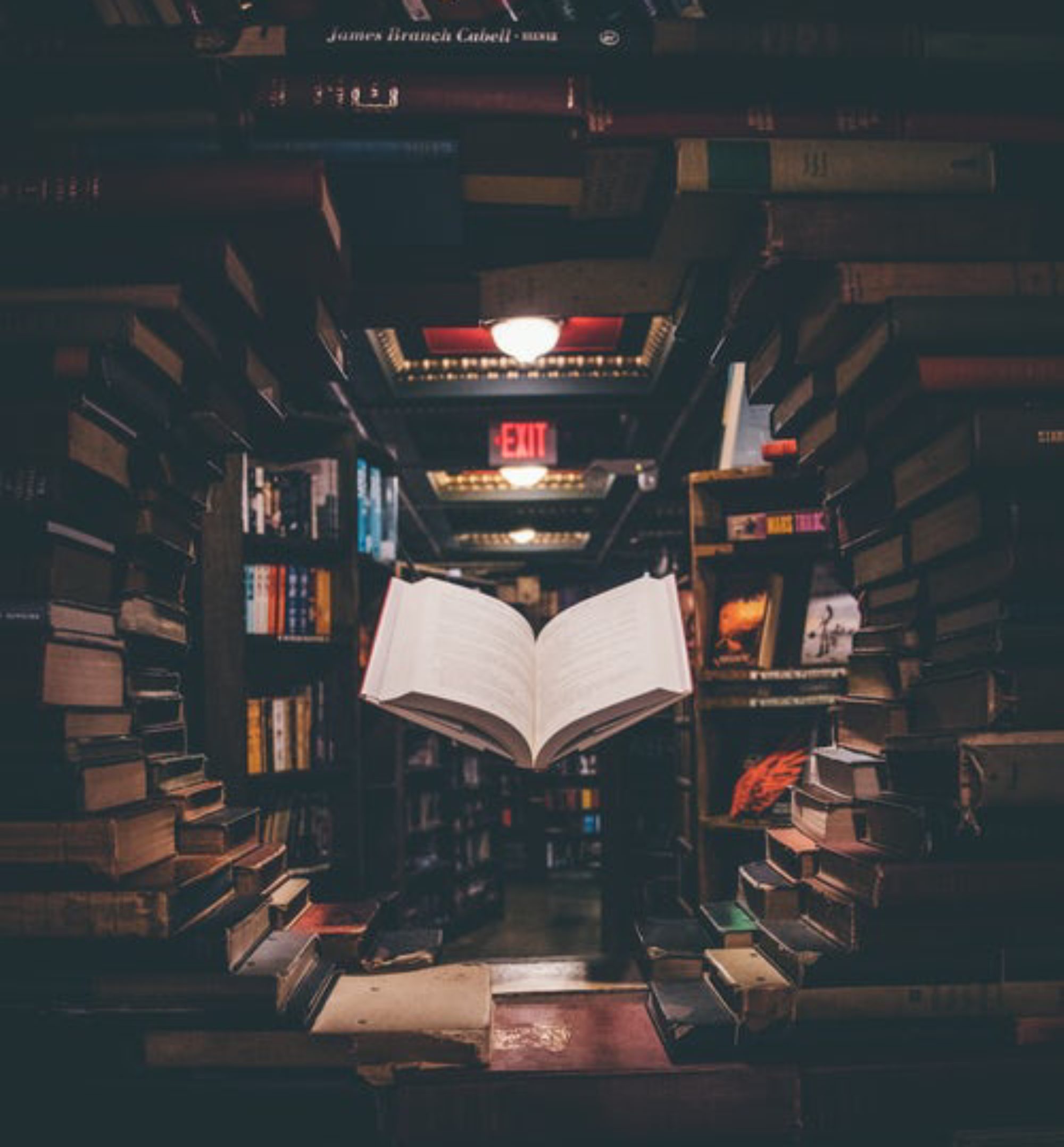The Institute of Museum and Library Services recently blogged about Libraries being a Beacons of Strength, providing mental health resources to cope with COVID. We are all experiencing the mental health fall out of Covid-19 in one way or another, be it how we operate our libraries, the interactions with our staff and patrons, and experiences within our own personal lives. How can I be a Beacon of Strength to my library, my staff, co-workers , patrons and family when I am struggling?
You are NOT alone. We are Librarians. We have resources. The National Library of Medicine provides free, research based resources to public libraries. Katie Scherrer, who was here to train NH Librarians in 2019 in her Stories, Songs, and Stretches!® program writes about Mindfulness in Times of Extreme Stress. The Mighty recently posted It’s OK Not to Be OK: A Digital Toolkit for Prioritizing Your Mental Health with some great resources. My library friend Richard Moniz, co-author of The Mindful Librarian has updated his Annotated Mindful Resource List. (Side Note: He is a co-author of The Dysfunctional Library – Challenges and Solutions to Workplace Relationships that might be of interest to some.)
One of the best resources we have is each other! Explore online mindful librarian groups. Regularly talk with other like Librarians via zoom or telephone. I don’t have to tell you the amount of self-help material on the market right now–again–we are librarians. Even before Covid-19 entered our lives, what was the number one prescription for failing mental health–Get Outside–Get Moving and we just happen to live in a most perfect state to do that. I dug my cross-country skis out and took a brief run around the house just last night. We are hardy Northern New England folks. A little snow and cold doesn’t shut us down. But, if it does–I am never one to say no to the hot chocolate and good book by the fire scenario.
If you would like to join the Mindful NH Librarians group, drop me a line. We meet via zoom every other Wednesday for discussion, sharing of ideas and good old support. These are closed non recorded zoom session where privacy is one of our top agreements. We have been working on material in the free Palouse Mindful Based Stress Reduction program online which even in a group has been a bit daunting. Therefore, the group will be exploring other practices in mindfulness and stress reduction and finding little ways to incorporate mindfulness in our lives everyday. If you are more interested in just the resources from the group, I recently started a Mindful NH Librarians Facebook page where I post links to resources such as the Mighty’s digital tool box and inspirational meme’s. I am currently scheduling a workshop for Mindful NH Librarians with Liz Korabek-Emerson, Korabek Training, Building Resilience Through Mindfulness for mid January.
I want you to know that I appreciate how hard you are all working to continue to meet the needs of your community under the terms of Covid-19. It is Not easy! If you feel like you need help, direction or just a sympathetic ear for a bit–Get it!!! We may pride ourselves as The Strong Librarian, but like everything, that is just a label. As one of my Mindfulness coaches Kain Ramsay eloquently said yesterday, “Label’s are for tin cans..not for human beings.” Do not restrict yourself to a label. You are human. Seek help and support when necessary.

Best,
Deborah Dutcher






